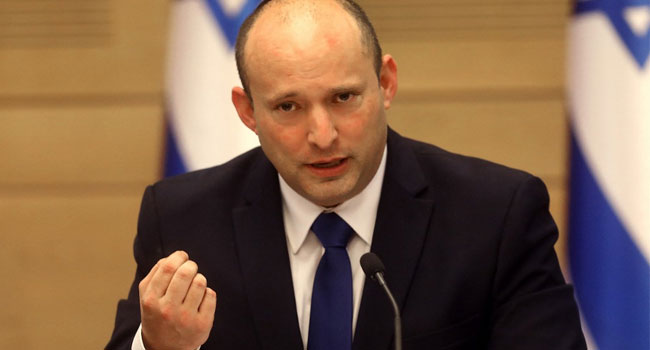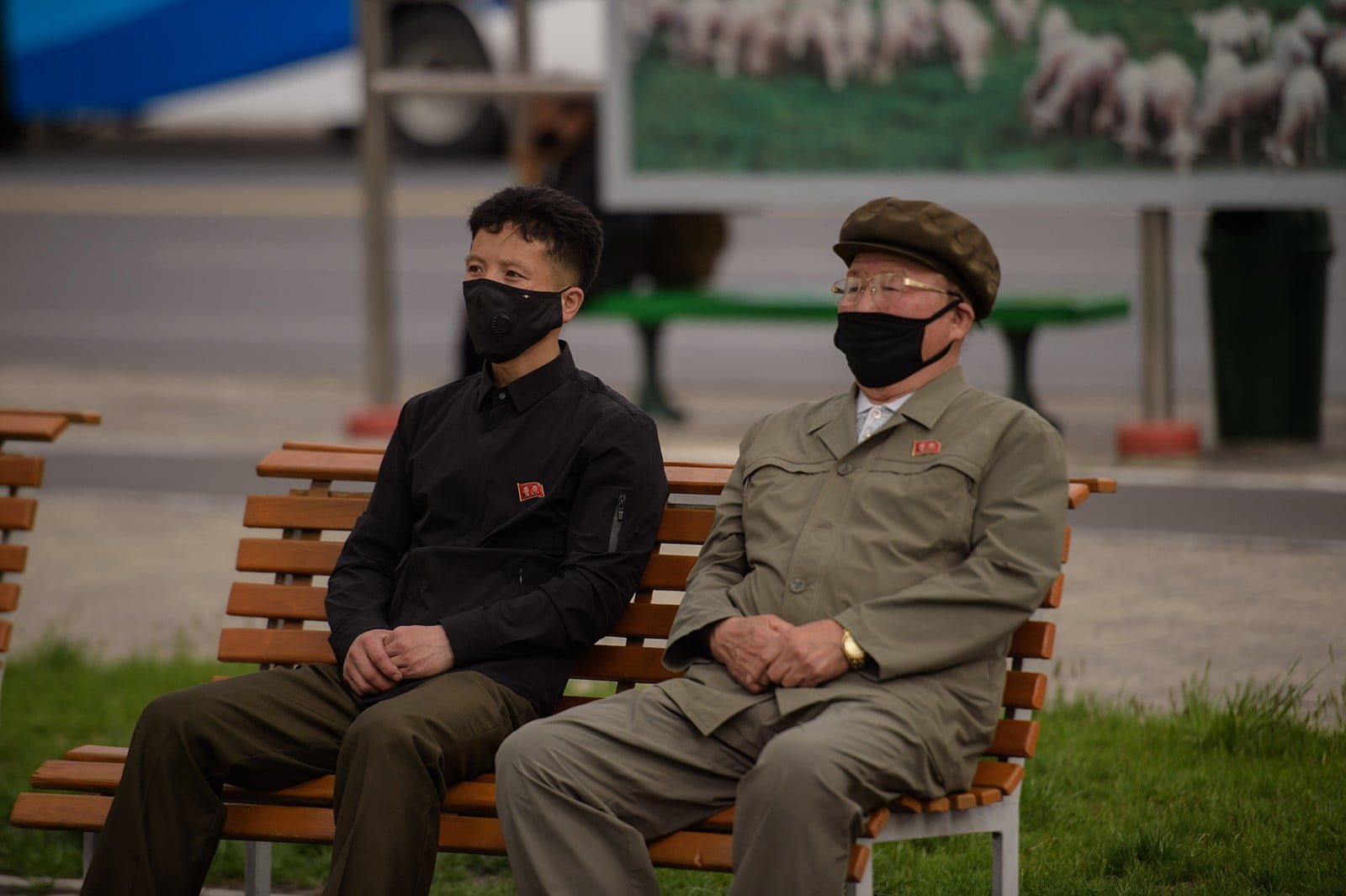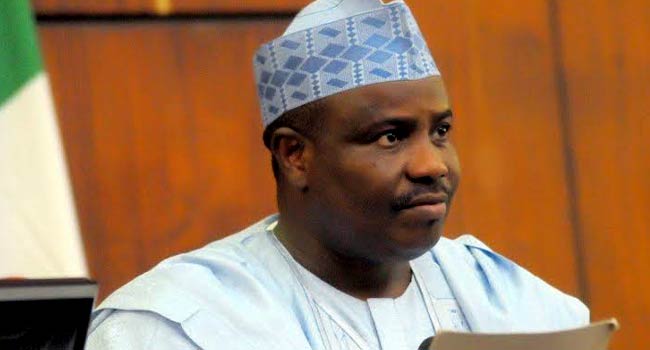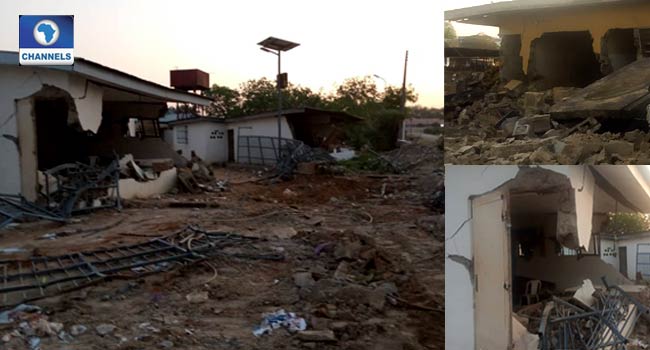Israel’s new premier Naftali Bennett Sunday described the victory of ultraconservative Ebrahim Raisi in Iran’s presidential election as a “wake up”
Raisi was elected with just under 62 percent of votes cast in Friday’s poll, and will replace moderate President Hassan Rouhani — whose landmark achievement was a 2015 nuclear deal between Iran and world powers — in August.
“Raisi’s election is, I would say, the last chance for the world powers to wake up before returning to the nuclear agreement, and to understand who they are doing business with,” said Bennett, in remarks at a cabinet meeting on Sunday.
The 2015 deal saw Iran accept limits on its nuclear capabilities in return for an easing of sanctions, but former US President Donald Trump unilaterally withdrew three years later and ramped up sanctions, prompting Tehran to pull back from its nuclear commitments.
Trump’s successor Joe Biden has signalled his readiness to return to the deal and state parties — also including China, Russia, Britain, France and Germany — have lately been negotiating its revival in Vienna.
Israel and Iran are arch enemies and the Jewish state has always opposed the nuclear agreement, which it says could enable the Islamic republic to develop nuclear arms.
A change of Israeli government a week ago — which saw long-serving prime minister Benjamin Netanyahu ousted from office — has not changed the country’s policy on this matter.

In an initial reaction to Raisi’s election win, Israel’s foreign ministry said late Saturday that the international community should be alarmed because of his commitment to a “rapidly advancing military nuclear program”.
It also described Raisi as Iran’s “most extremist president to date”.
Iran has always denied seeking a nuclear weapon.
Jewish nationalist Bennett came to power last Sunday after Israel’s parliament approved a disparate coalition that gives him the premiership until 2023, when his main partner in the new alliance — centrist Yair Lapid — is due to take over.
Lapid, who became foreign minister as part of the coalition agreement, earlier this week pledged Israel “will do whatever it takes to prevent Iran obtaining a nuclear bomb” and said he was opposed to a revival of the 2015 deal.
AFP



